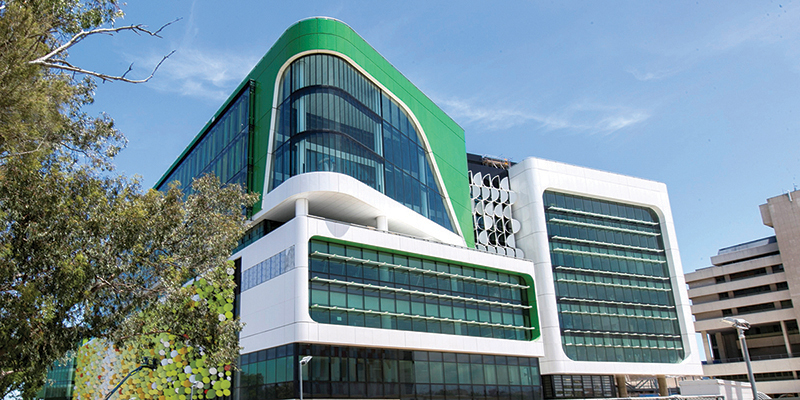Search
Research
Assessing the Impact of Pneumococcal Conjugate Vaccine Immunization Schedule Change From 3+0 to 2+1 in Australian Children: A Retrospective Observational StudyIn mid-2018, the Australian childhood 13-valent pneumococcal conjugate vaccine schedule changed from 3+0 to 2+1, moving the third dose to 12 months of age, to address increasing breakthrough cases of invasive pneumococcal disease (IPD), predominantly in children aged >12 months. This study assessed the impact of this change using national IPD surveillance data.
Research
Neonatal bacterial sepsisNeonatal sepsis remains one of the key challenges of neonatal medicine, and together with preterm birth, causes almost 50% of all deaths globally for children younger than 5 years. Compared with advances achieved for other serious neonatal and early childhood conditions globally, progress in reducing neonatal sepsis has been much slower, especially in low-resource settings that have the highest burden of neonatal sepsis morbidity and mortality.
Research
Virome assembly reveals draft genomes of native Pseudomonas phages isolated from a paediatric bronchoalveolar lavage sampleWe present lung virome data recovered through shotgun metagenomics in bronchoalveolar lavage fluid from an infant with cystic fibrosis, who tested positive for Stenotrophomonas maltophilia infection. Using a bioinformatic pipeline for virus characterization in shotgun metagenomic data, we identified five viral contigs representing Pseudomonas phages classified as Caudoviricetes.
Research
Caudal block, high flow oxygen insufflation and dexmedetomidine sedation for inguinal hernia surgery in infants—A prospective evaluation of an alternative anesthesia techniqueInguinal hernia repair is the most common operation in infants, with well recognized anesthetic and perioperative risks. The aim was to investigate if the combination of caudal block, high-flow nasal oxygen insufflation and intravenous dexmedetomidine sedation is suitable for infants undergoing inguinal hernia surgery.
Research
Neighbourhood walkability and body mass index in children: Evidence from the Millennium Cohort Study in WalesOverweight and obesity in children continues to increase. Yet, the role of active transport, namely walking, in mitigating these trends remains unclear. This study examined the cross-sectional association between walkability and children's Body Mass Index (BMI) and how this varies by socio-economic and lifestyle characteristics.
Research
Children's Anxiety in the Perioperative Environment: A Qualitative Exploration With Children, Parents and Staff at a Tertiary Paediatric HospitalPerioperative anxiety is a common and distressing aspect of anaesthesia for many children, resulting in management challenges at the time of anaesthesia and potential physical and psychological adverse outcomes. We conducted this qualitative phenomenological study to explore the perspectives of children, parents and staff on perioperative anxiety in our institution. Planned recruitment was 20 each of children who had undergone elective anaesthesia, their parents and staff.
Research
Evaluating the scale-up of the Play Active programme for children’s physical activity in early childhood education and care services: a national type III hybrid effectiveness-implementationPhysical activity is crucial for young children's health and development. Many young children do not meet the recommended 3 hours of daily physical activity, including 60 min of energetic play. Early childhood education and care (ECEC/childcare) is a key setting to intervene to improve children's physical activity. The Play Active programme is a scalable evidence-informed ECEC-specific physical activity policy intervention with implementation support strategies to improve educators' physical activity-related practices.

News & Events
Risk of deadly diarrhoeal diseases set to worsen as climate changesResearchers from The Kids Research Institute Australia have contributed to a landmark study revealing climate change will have a detrimental impact on one of the greatest threats to the health of children in the Global south – diarrhoea.

News & Events
Kids who skip breakfast have poorer NAPLAN results: studyAn Australian study has revealed the clear link between eating breakfast and academic success, with students who skip breakfast some or all of the time achieving poorer NAPLAN results than children who always eat breakfast.

News & Events
The Kids receives critical funding boost from WA GovernmentThe Kids Research Institute Australia is one of 20 West Australian research facilities to share in $25 million funding under the State Government’s Research Infrastructure Support (RIS) program, through the Future Health Research and Innovation (FHRI) Fund.
